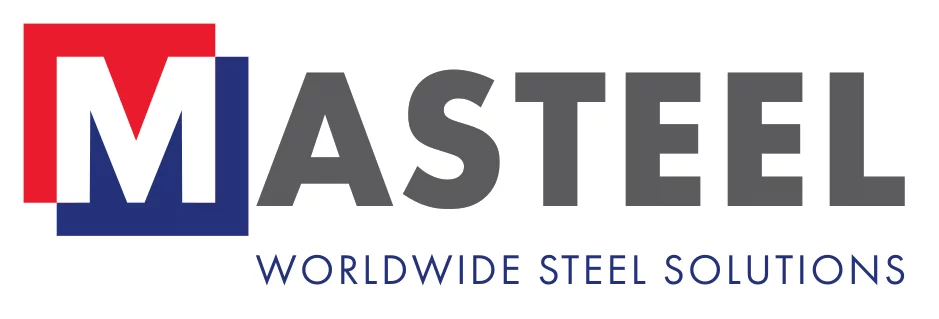Tubular steel is widely used around the globe for a range of applications and it is one of the most crucial steel products currently manufactured. This is partially because tubular steel is extremely versatile, and is not limited to circular hollow section steels. The term tubular steel also refers to solid bars in a range of shapes. These are made of a range of alloying elements with a variety of carbon contents and a selection of finishes that work for a range of applications.
Applications of Tubular Steel in the Transport Industry
Tubular steel is a critically important element of manufacturing many vehicles including motorbikes and cruise liners. Tubular steel products use a successful combination of good strength-to-weight rations with excellent formability, meaning they can be welded and formed to product-specific shapes and lengths.
The main use of tubular steel is for moving transport liquid fuels to an engine, and to exhaust effluent gases like carbon monoxide (CO). Exhaust pipes usually feature catalytic converters for oxidizing destructive gases and transforming them into variants that are less toxic or damaging. One example of this is changing carbon monoxide to carbon dioxide.
These gases can be corrosive, meaning it is essential that the tubular steel used in these applications has highly chemically resistant properties. Tubular steel is becoming more and more cost-effective for a range of transport applications as it has anti-rusting properties and excellent mechanical stability even in demanding chemical conditions.
The Benefits of Tubular Steel
The transport industry relies so heavily on tubular steel for several reasons. It is partially due to its high tensile strength which is not easily broken, making it resistant to both internal and external stress even under sudden shock. Tubular steel is also able to withstand frequent highs and lows in temperature.
Tubular steel can also be constructed extremely quickly, even as tailor-made equipment that is fast to construct and cost-effective. Suitably coated tubular steel is corrosion-resistant and inexpensive. Tubular steel is predictable, saving time and increasing the speed of production.
Tubular steel is corrosion resistant and can be used as a substrate for paints and coatings so it can face extreme weather conditions. Tubular steel is highly affordable and is not subject to decay or rot meaning it does not devalue over time. Its low weight means it has low transportation costs.
Tubular Steel from Masteel When buying tubular steel, it can be important to speak to experts and get advice regarding the best possible configurations for your application. The applications of tubular steel are limitless, and Masteel specializes in large diameter pipes from 50 mm to 2,500 mm. If you would like to find out more about how Masteel can help you, get in touch with the team today. Or visit our dedicated page on tubular steel for more information.
